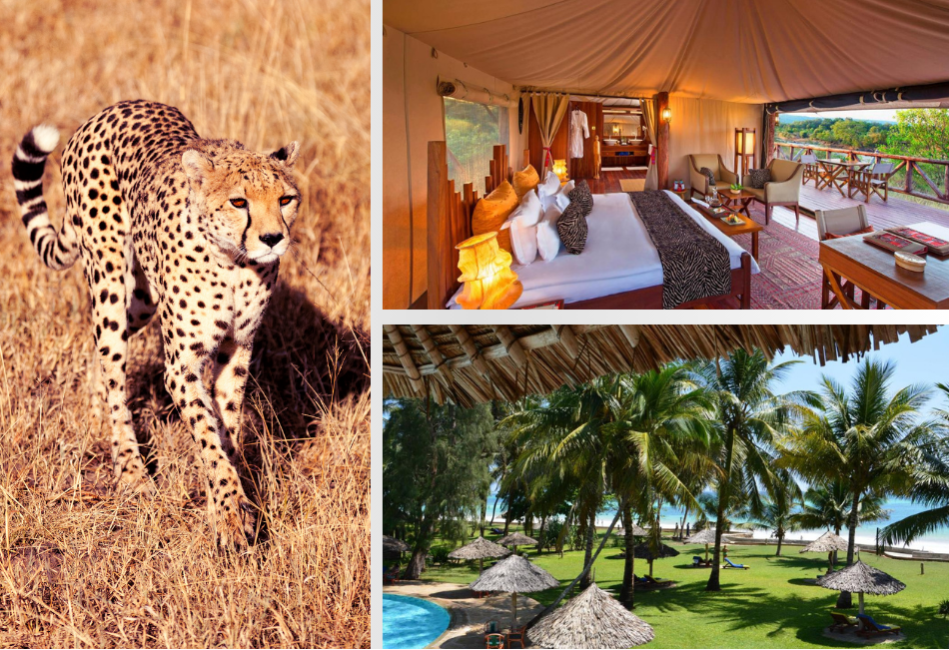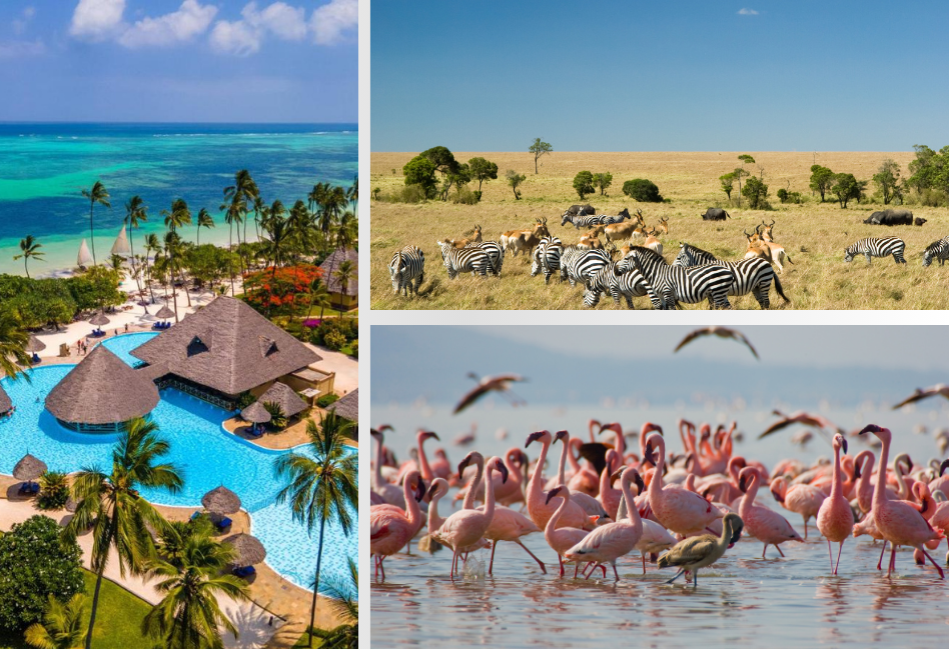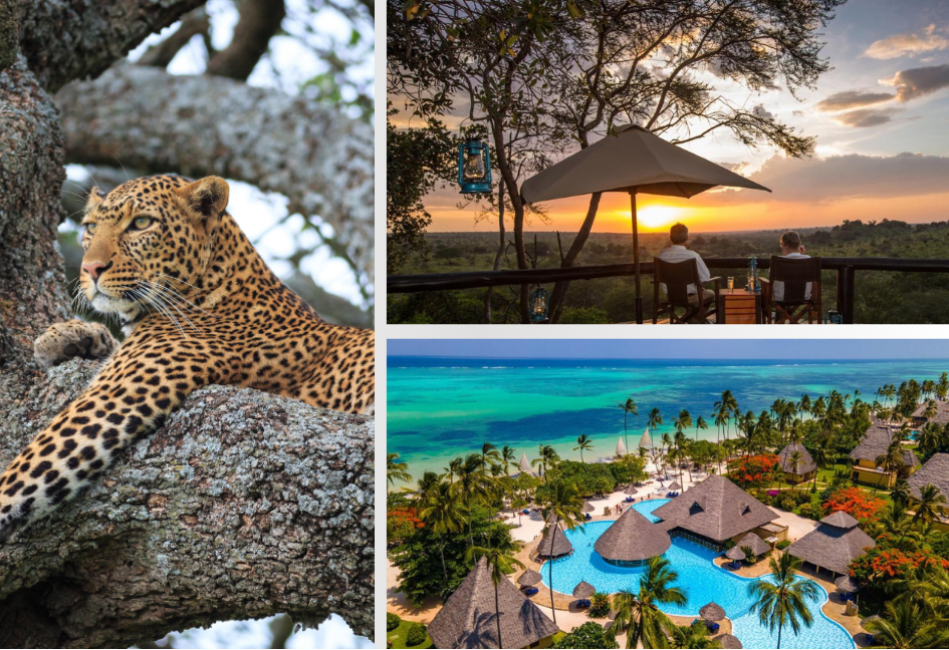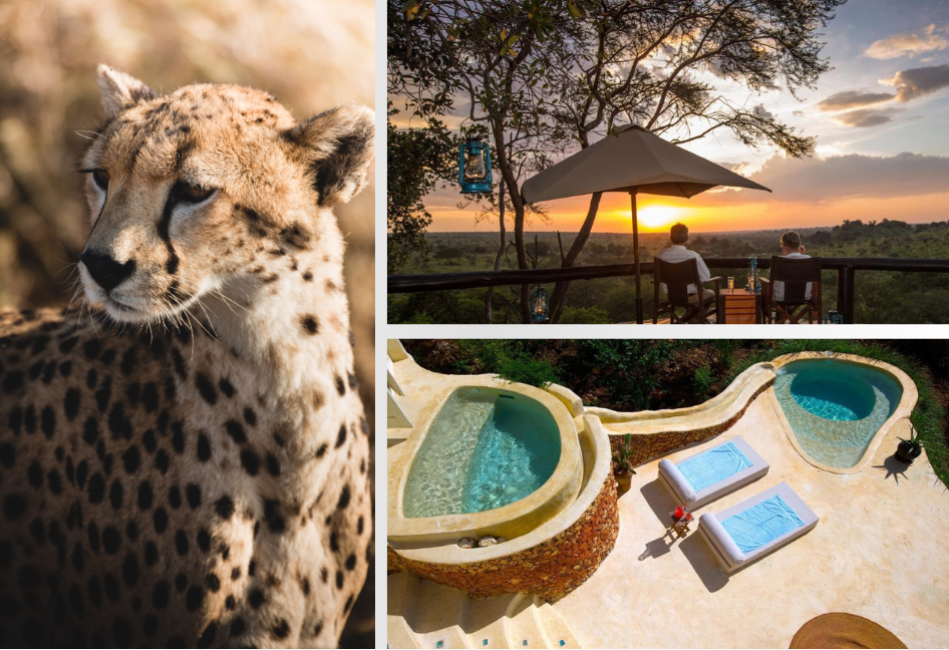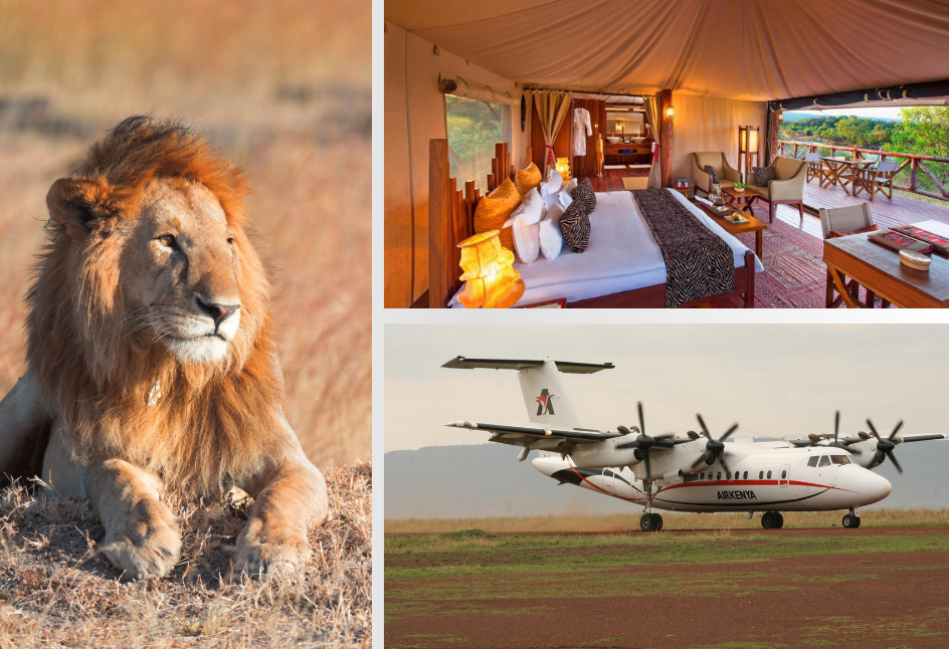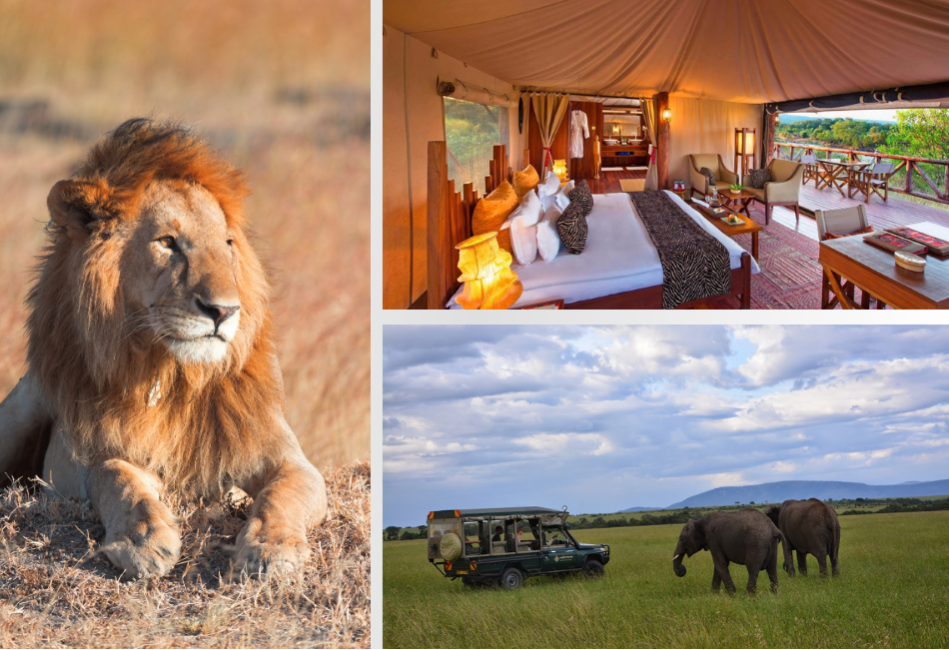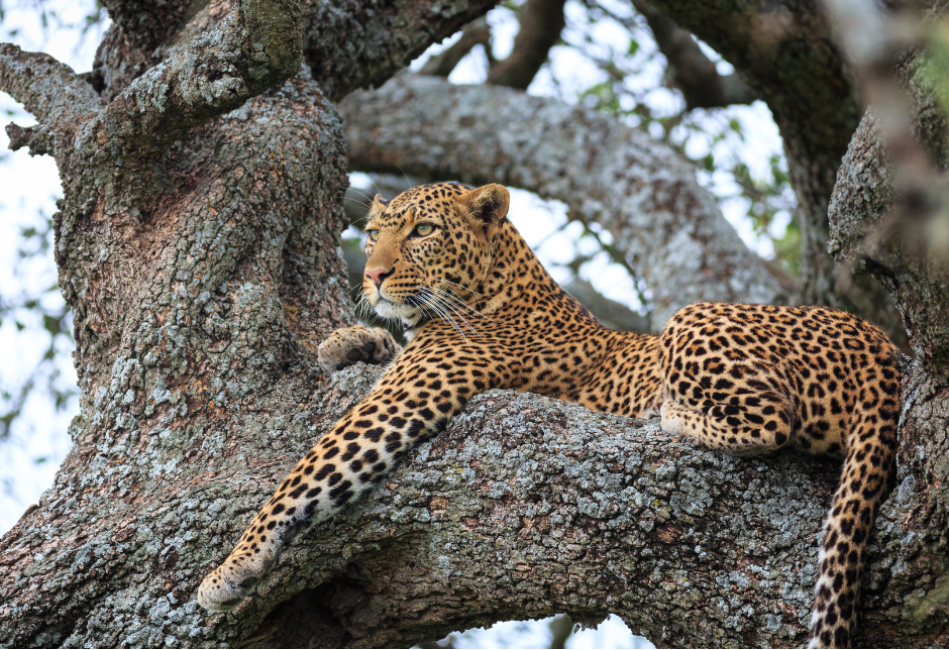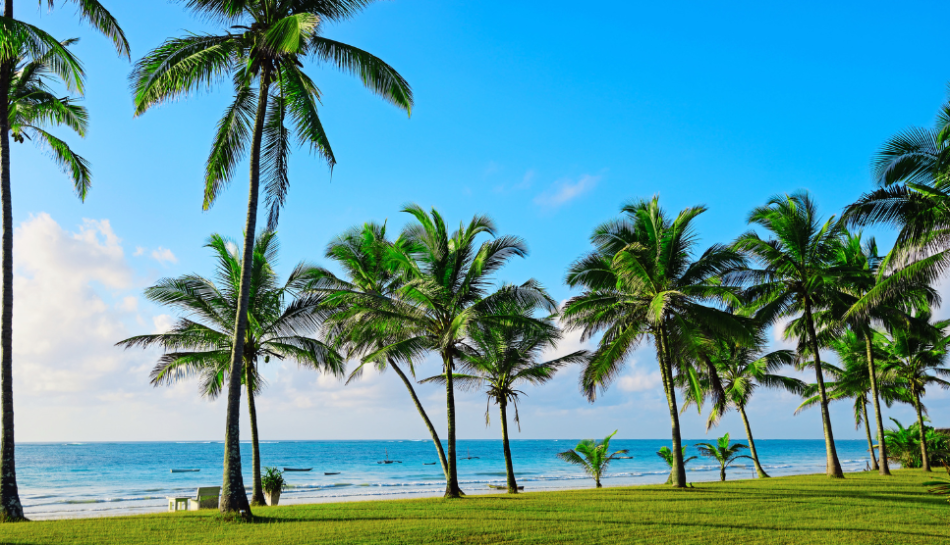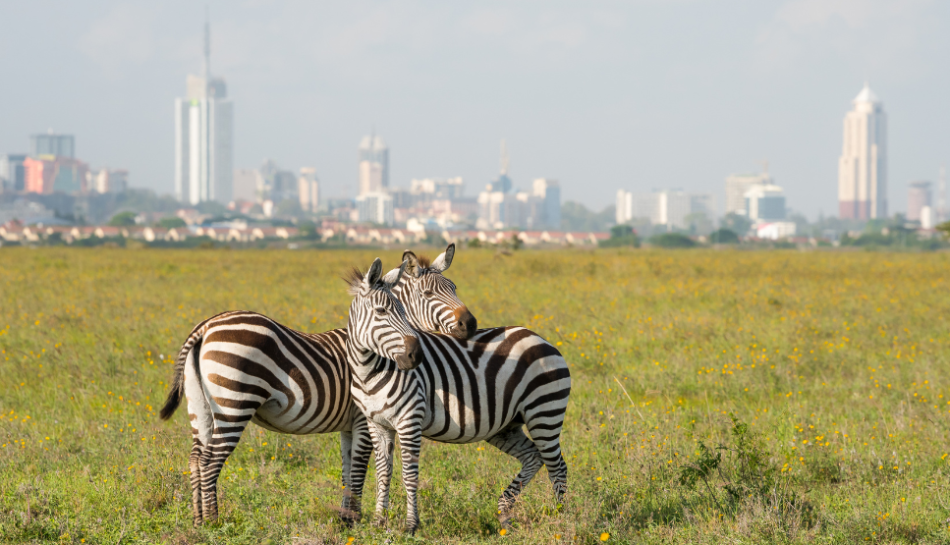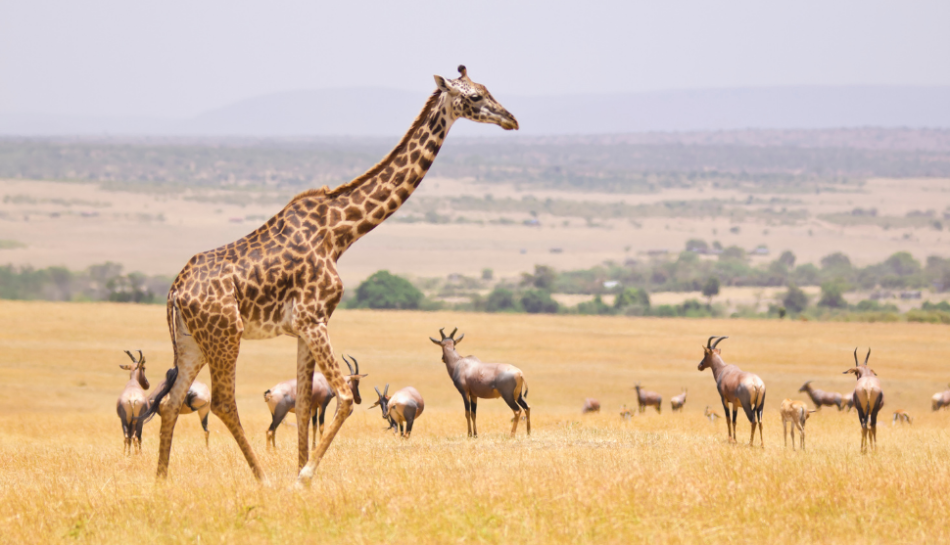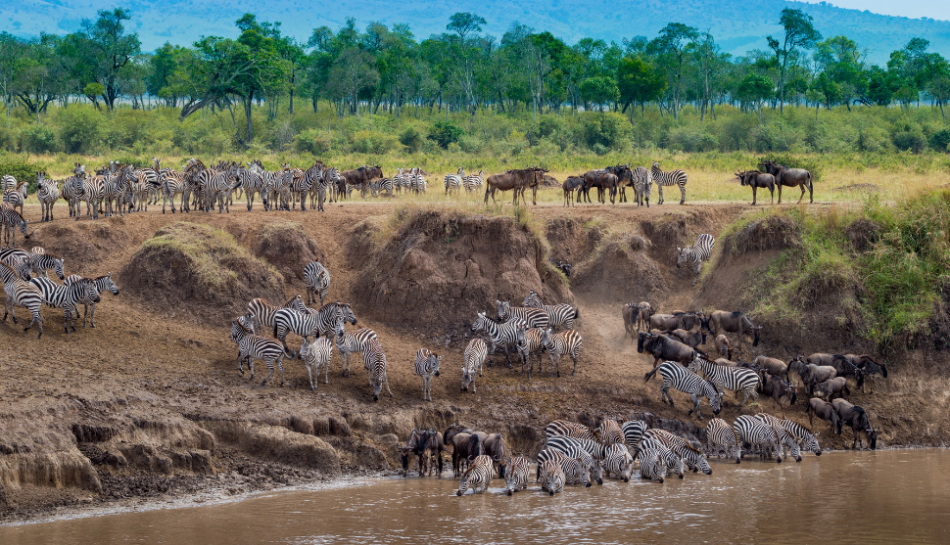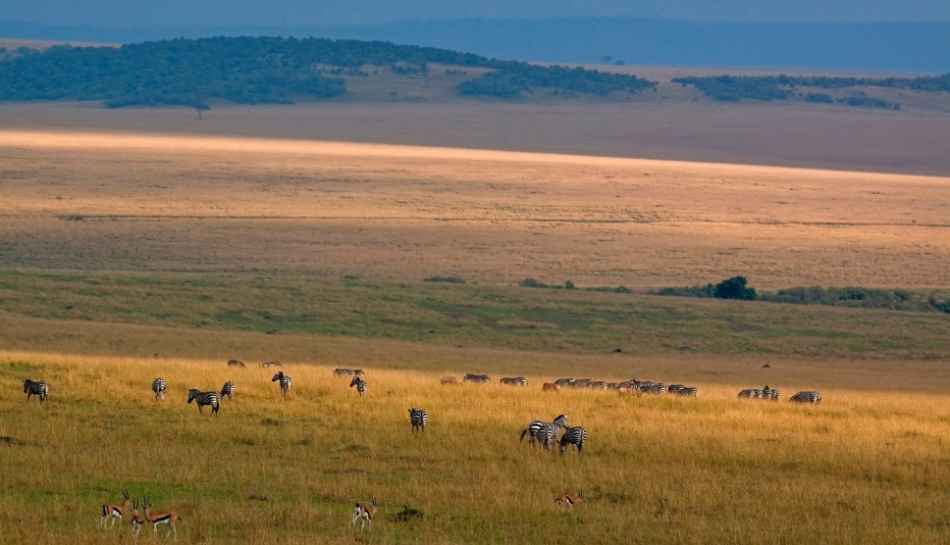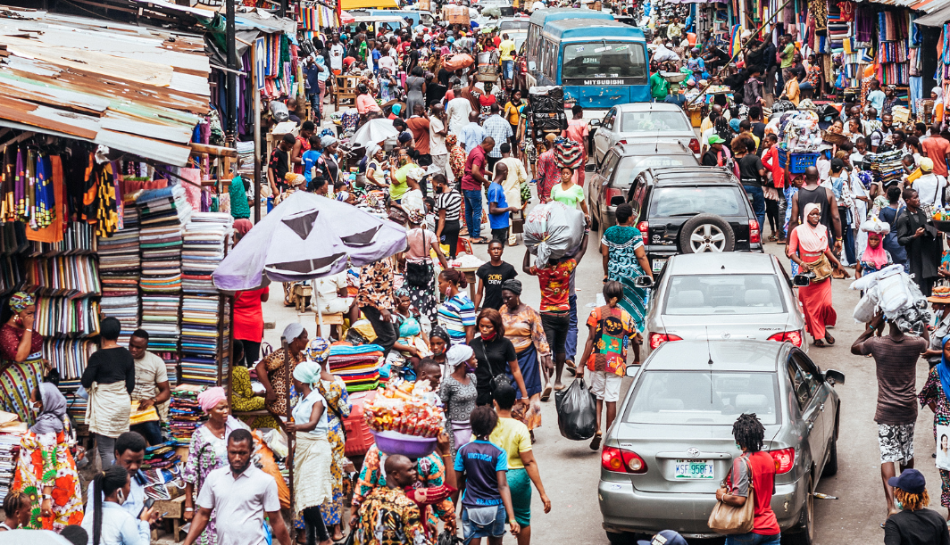Africa Safari and Holidays
Our top destinations
Embarking on a journey to Kenya is an invitation to discover the unparalleled beauty of East Africa, where every step reveals a tapestry of diverse landscapes, vibrant cultures, and thrilling wildlife encounters. From the sweeping savannahs of the Maasai Mara to the pristine beaches along the Indian Ocean, Kenya beckons travelers with its enchanting blend of natural wonders and cultural richness. Read More.
Karibu Tanzania! Welcome to Tanzania. When in Tanzania, conquer “Kili” (Mount Kilimanjaro). This is the highest mountain in Africa and the highest single free-standing mountain in the world. Climb your way to the highest point, Uhuru Peak on Kibo and enjoy breath-taking views. For a more relaxed tour, enjoy the spectacular view from the bottom of the Mountain Read More.
When in Uganda, a tour to BINP (Bwindi Impenetrable Forests National Park), is a must. This park is part of the Bwindi Impenetrable Forest, it is accessible only on foot. The park provides habitat for over 100 species of mammals, over 350 species of birds, 220 species of butterflies, 27 species of frogs, chameleons, geckos, and many endangered species. Floristically Read More.
Ideas for your trip
10 Days Kenya Safari and Beach All Inclusive
4 days - Kenya
$4250
12 Days Kenya Safari and Zanzibar - Luxury
6 days - Kenya
$4550
12 Days Luxury Tanzania Safari and Zanzibar All Inclusive
6 days - Tanzania
$8950
12 Days Premium Luxury Safari and Zanzibar Retreat
6 days - Tanzania
$19850
3 Days - Masai Mara Fly in Safari - Luxury All Inclusive
3 days - Kenya
$1590
3 Days Masai Mara - By Road - Luxury All Inclusive
3 days - Kenya
$1490
Read the latest from blog
- 04/01/2024
Best Hotels in Mombasa
Mombasa, with its pristine beaches, rich cultural heritage, and vibrant...
- 04/01/2024
Best Hotels in Nairobi
Hemingways Nairobi: A Literary Retreat
Nestled in the serene suburb of Karen,...
- 04/01/2024
When is the best time to travel to Kenya
As you plan your Kenyan Holiday, the question inevitably arises: When is the best...
- 04/01/2024
What African country to visit? Kenya or Tanzania?
When it comes to planning an African safari adventure, we are often met with the...
- 01/11/2024
Which countries offer the best African Safari?
Embarking on an African safari is a dream for many adventurers and wildlife...
- 02/12/2024
Safest African countries to visit in 2024
Regrettably, Africa continues to grapple with outdated stereotypes and...
Messages
{{unread_count}}
Chat with: {{currentConversation.display_name}}

